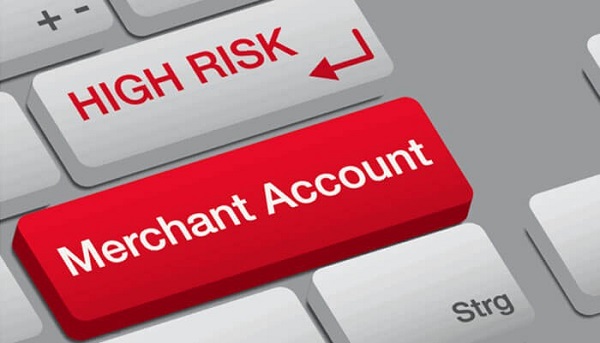- High Chargeback Rates: The electronics industry often experiences higher chargeback rates compared to other sectors. Chargebacks occur when customers dispute a transaction with their credit card issuer, leading to a reversal of the transaction. Electronics purchases may be prone to chargebacks due to issues like product defects, dissatisfaction, or fraud.
- Rapid Technological Advances: The electronics industry is characterized by constant innovation and technological advancements. This can result in products quickly becoming obsolete or losing value, leading to higher return rates and potential disputes.
- Fraud Risk: Electronics are valuable items, making them a target for fraudsters. Stolen credit cards or identity theft may be used to make fraudulent electronic purchases, contributing to a higher risk profile for merchants in this industry.
- International Sales: Many electronics merchants engage in international sales, which can introduce additional complexities and risks. Cross-border transactions may face different regulations, currency exchange issues, and shipping challenges, making it more challenging to manage and mitigate risks.
- High Transaction Volumes: Electronics merchants often deal with high transaction volumes, which can increase the likelihood of errors and fraudulent activities. Managing a large number of transactions can be more challenging, leading to a higher risk perception.
- Subscription-Based Models: Some electronics merchants offer subscription-based services, which can lead to recurring billing issues and an increased likelihood of chargebacks if customers are dissatisfied with the service or forget about subscription renewals.
- Regulatory Compliance: The electronics industry may be subject to specific regulations, especially concerning the sale of certain types of products. Non-compliance with these regulations can lead to legal issues and disputes, contributing to the high-risk categorization.

